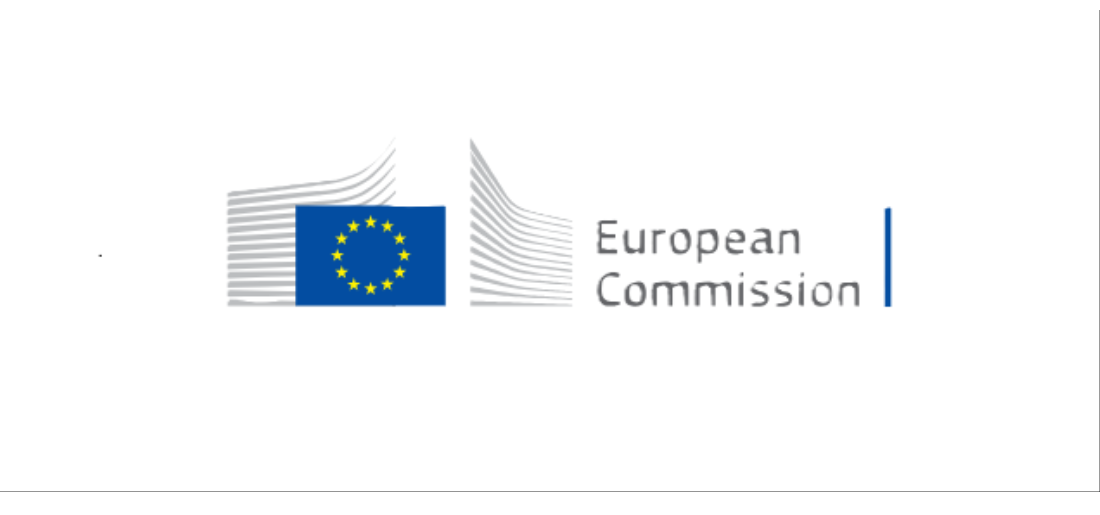
Commission decides not to extend antitrust block exemption for liner shipping consortia
Oct, 11, 2023 Posted by Sylvia SchandertWeek 202339
The European Commission has decided not to extend the EU legal framework which exempts liner shipping consortia from EU antitrust rules (Consortia Block Exemption Regulation or ‘CBER’). The Commission has concluded that the CBER no longer promotes competition in the shipping sector and therefore it will let it expire on 25 April 2024.
Today’s decision follows a review process launched in August 2022, aimed at gathering evidence on the functioning of the CBER since 2020, in view of its expiry on 25 April 2024. The CBER allows shipping lines, under certain conditions, to enter into cooperation agreements to provide joint cargo transport services, also known as ‘consortia’.
The findings of the evaluation
In August 2022, the Commission launched a call for evidence inviting feedback from stakeholders on the performance of the CBER. On the same day, it sent targeted questionnaires to the most interested parties in the maritime liner shipping supply chain (i.e., carriers, shippers and freight forwarders, ports, and terminal operators) on the impact of consortia between liner shipping companies as well as of the CBER on their operations.
Prior to its evaluation, as part of its sectoral monitoring activities, the Commission had regular exchanges with market participants as well as with competition and regulatory authorities in Europe, the US and other jurisdictions, on the challenges faced by the shipping sector. It also: (i) sent questionnaires to carriers on the effects of the coronavirus pandemic on their operations and on the maritime supply chain; and (ii) commissioned an independent fact-finding study.
Today, the Commission has published its Staff Working Document summarising the findings of its evaluation. Overall, the evidence collected from the stakeholders points towards the low or limited effectiveness and efficiency of the CBER throughout the 2020-2023 period.
Given the small number and profile of consortia falling within the scope of the CBER, the CBER brings limited compliance cost savings to carriers and plays a secondary role in carriers’ decision to cooperate. Furthermore, over the evaluation period, the CBER was no longer enabling smaller carriers to cooperate among each other and offer alternative services in competition with larger carriers.
Based on the feedback received, the Commission has decided not to extend the CBER and to let it expire on 25 April 2024. The expiry of the CBER does not mean that cooperation between shipping lines becomes unlawful under EU antitrust rules. Instead, carriers operating to or from the EU will assess the compatibility of their co-operation agreements with EU antitrust rules based on the extensive guidance provided in the Horizontal Block Exemption Regulation and Specialisation Block Exemption Regulation.
Background
Liner shipping services comprise the provision of regular, scheduled non-bulk maritime cargo transport (the vast majority in containers) on a specific route. They require significant levels of investment and therefore are regularly provided by several shipping companies cooperating in consortia. Consortia can lead to economies of scale and better use of the space of the vessels. A fair share of the benefits resulting from these efficiencies can be passed on to the users of the shipping services in terms of better coverage of ports and better services.
Article 101(1) of the Treaty on the Functioning of the European Union (‘TFEU’) prohibits agreements between companies that restrict competition. However, under Article 101(3) TFEU, such agreements can be declared compatible with the Single Market provided they contribute to improving the production or distribution of goods or to promoting technical or economic progress, while allowing consumers a fair share of the resulting benefits without eliminating competition.
Council Regulation 246/2009 provides that, in accordance with the provisions of Article 101(3) TFEU, the Commission may exempt consortia from the application of Article 101(1) TFEU for a period limited to five years, with the possibility of extension. Accordingly, the Commission adopted in 2009 the CBER (Commission Regulation (EC) No 906/2009), which sets the specific conditions for such an exemption. These conditions notably aim at ensuring that customers enjoy a fair share of the resulting benefits.
The Commission extended the validity of the CBER in 2014 and 2020. The extension decided in 2020 was essentially justified by the absence of deterioration in the parameters of competition (mainly freight rates, availability and reliability of services) over the 2014-2019 period. This extension was nevertheless limited to four years in order to better account for possible changes in market circumstances.
More information is available on the Commission’s competition website, in the maritime transport section, as well as in the relevant Q&A document.
-
Meat
Dec, 07, 2023
0
Pork exports grow 13.2% in November, says ABPA
-
Other Logistics
May, 30, 2022
0
MRS creates inter-state freight train route between Rio and São Paulo
-
Shipping
May, 10, 2021
0
Containerships Increasing Speeds as Rates Continue to Climb
-
Grains
Feb, 23, 2022
0
Russia-Ukraine crisis worsens and causes wheat prices to soar


